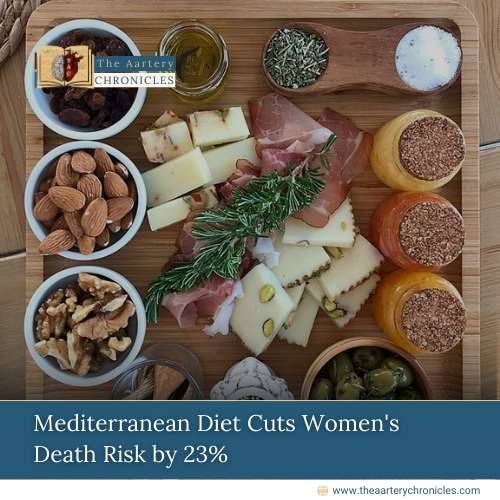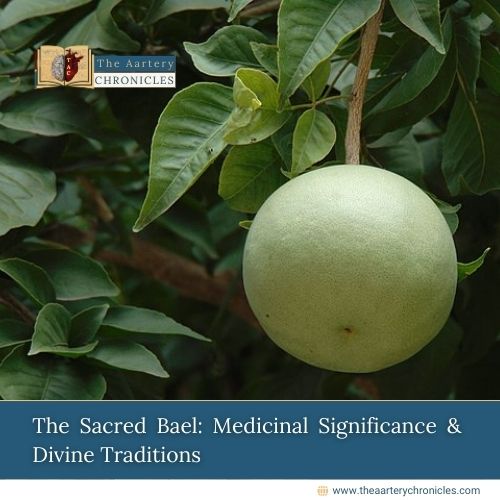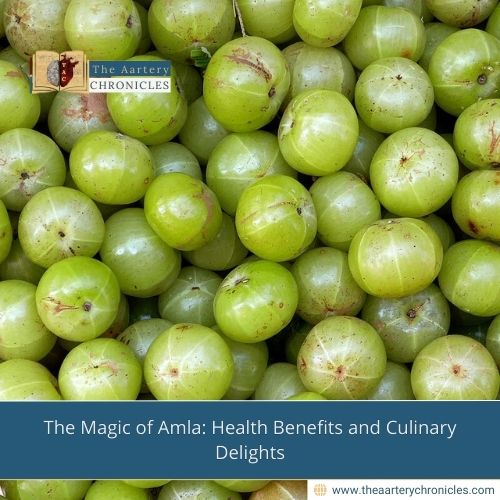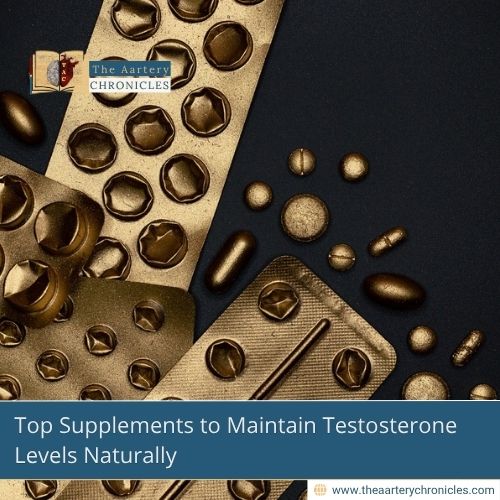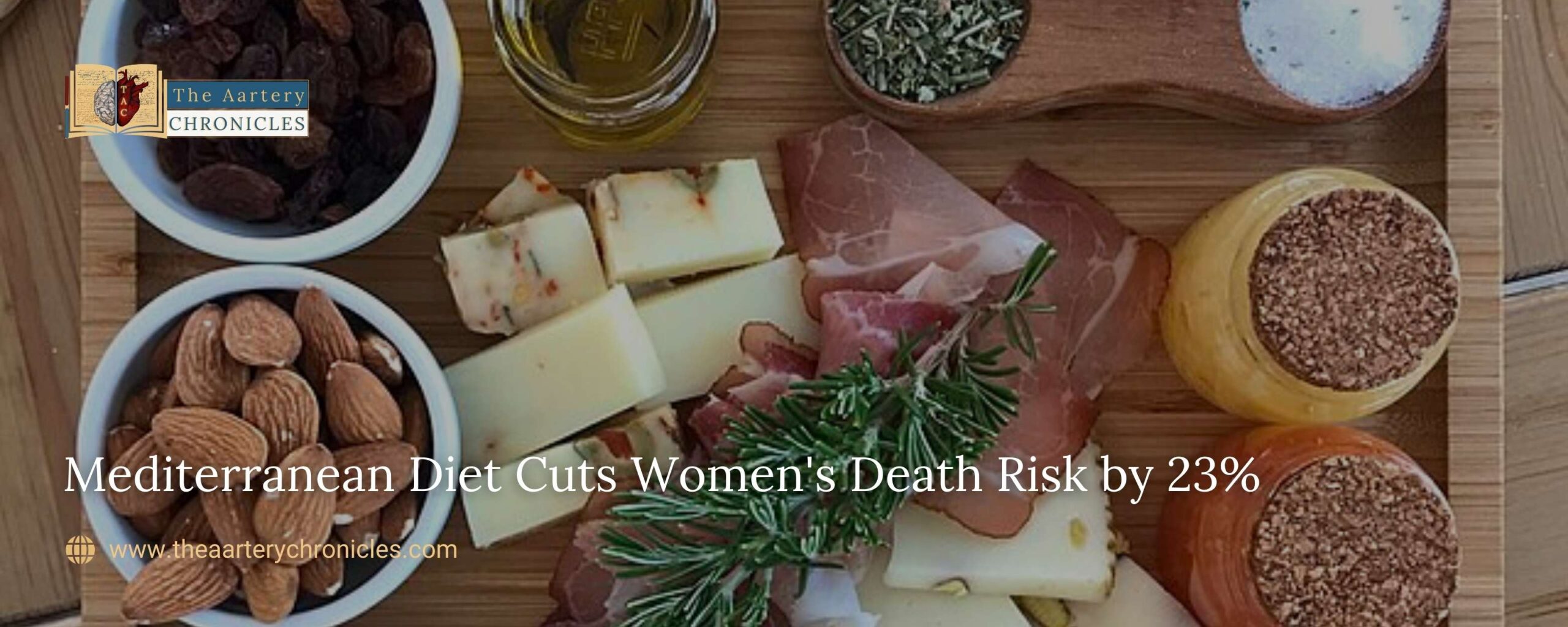
Mediterranean Diet Cuts Women's Death Risk by 23%
Background
A recent study published in the Journal of the American Medical Association reveals that women who adhere to a Mediterranean diet may experience a significant reduction of up to 23% in their risk of premature deathThe study further describes the importance of the Mediterranean diet on various chronic disorders such as diabetes and the promotion of longevity and overall wellness.
What is the Mediterranean diet?
The Mediterranean diet is a way of eating that focuses on consuming healthy fats and plant-based or traditional foods. The diet emphasizes overall eating patterns instead of practicing strict calculations or eating formulas. [1]
In general, the Mediterranean diet includes:
- Whole grains, such as brown rice and wheat bread
- Significant amount of fish that is rich in Omega-3 fatty acids
- Yogurt and natural cheese are consumed in moderation.
- Plenty of vegetables, fruits, nuts and lentils
- Good amount of extra virgin olive oil (EVOO) as a healthy fat source
- Avoiding red meat, sugar, sweets, and butter [1]
The Mediterranean diet is essentially based on the eating habits of the people in Mediterranean countries around the mid-20th century. Today, many healthcare professionals recommend this diet to patients with specific risk factors and health conditions. [1]
The objective of the Study
The study investigated how adherence to the Mediterranean diet relates to the risk of all-cause mortality, as well as the role of cardiometabolic factors in mitigating this risk.
Design and Setting of the Study
The Women’s Health Study cohort included around 25315 women from the United States from various ethnicities. The women provided biomarker measurements, dietary information, and blood samples. The women were followed up for up to 25 years. The mean (SD) baseline age of the women was 54.6 years.
Mediterranean diet Adherence
A food frequency questionnaire consisting of 131 items was used to evaluate dietary habits semi quantitatively.The score ranged from 0 to 9, with higher scores indicating better adherence. The score was based on 9 dietary components and their regular consumption. The women carried out health questionnaires every six months in the first year and annually later on. In case of deaths medical records were analyzed to verify causes.

Collection of blood samples and measurement of biomarkers
The blood samples collected in EDTA were centrifuged and stored at -170 °C for further analysis. The traditional biomarkers that were measured included:
- Hemoglobin A1c
- High-sensitivity CRP (hsCRP), lipoprotein(a) (Lp[a])
- Total cholesterol, LDL cholesterol, and high-density lipoprotein cholesterol
- Apolipoproteins (apo) AI and B100
- Fibrinogen levels
- Soluble intracellular adhesion molecule 1 (sICAM-1)
- Creatinine levels
- Homocysteine levels
Statistical Analysis
Methods used for statistical analysis involved:
- Cox Proportional Hazards Regression
- Mediation Analysis
- Grouping Biomarkers
- Mediation Effect Calculation
- Statistical Software: Stata version 14.0 and SAS version 9.3
Results
Women with higher adherence to the Mediterranean diet demonstrated healthier lifestyles which included having a lower BMI. Significant differences were observed in most biomarkers and risk factor profiles. However, exceptions included LDL-C levels, apo B100 levels, LDL particle concentration, creatinine levels, and systolic blood pressure. To sum up, a higher Mediterranean diet score is highly linked with an overall healthier biomarker profile.
A higher Mediterranean diet score is linked to a reduced risk of cancer mortality, cardiovascular diseases, and related ailments. A stronger association was noted between Mediterranean diet adherence and cancer mortality than cardiovascular diseases. Higher adherence to the Mediterranean diet is linked with a 23% reduced risk of all-cause mortality.


